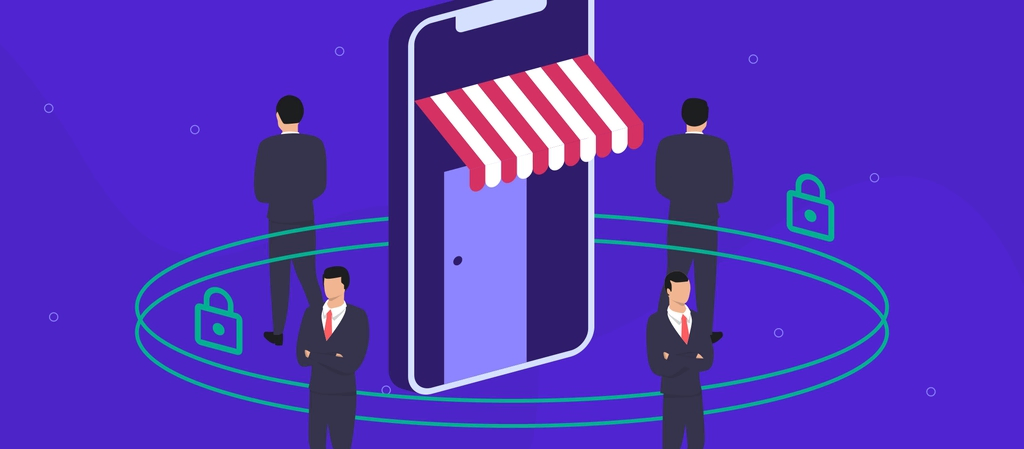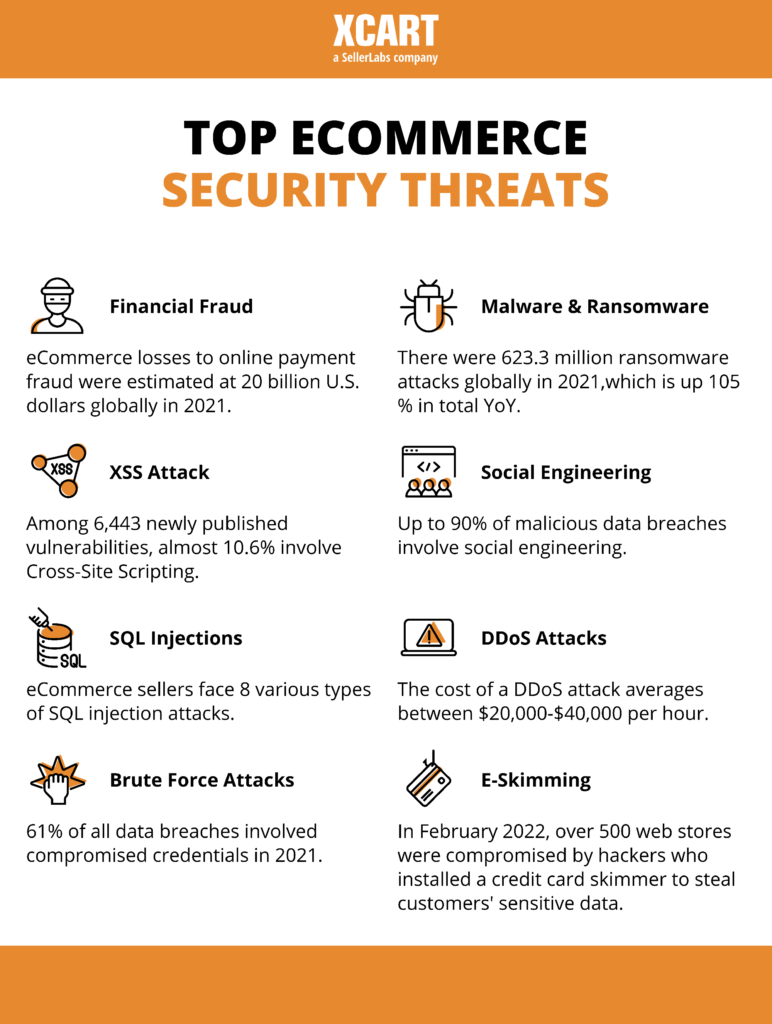Welcome to the world of online business, where the convenience of shopping from the comfort of your own home comes with the responsibility of protecting your online store from cyber threats. In this article, we will explore the importance of e-commerce security and provide you with valuable tips on how to defend your store from potential hackers and attackers. From implementing secure payment gateways to securing your website with SSL certificates, we’ve got you covered. Stay tuned to learn how to keep your online business safe and secure. Have you ever wondered how to protect your online store from cyber threats? As an e-commerce business owner, it’s crucial to prioritize the security of your website and customer data. In this article, you will learn about the importance of e-commerce security and valuable tips to defend your online store from cyber threats.
Understanding E-commerce Security
E-commerce security refers to the methods and practices used to protect online businesses from cyber threats such as data breaches, hacking, and fraud. As an online store owner, it’s essential to understand the potential risks your business faces and take proactive measures to safeguard your website, customer information, and financial transactions.
Importance of E-commerce Security
Protecting your online store from cyber threats is vital for maintaining customer trust, ensuring data integrity, and preventing financial losses. A data breach or security incident can have a significant impact on your business reputation and credibility, leading to customer churn and potential legal consequences. By investing in e-commerce security measures, you can create a safe and secure shopping environment for your customers, enhancing their overall shopping experience.

Common Cyber Threats to E-commerce Businesses
E-commerce businesses are at risk of various cyber threats that can compromise the security and integrity of their online stores. It’s essential to be aware of the most common types of cyber threats and understand how they can impact your business operations.
Phishing Attacks
Phishing attacks involve cybercriminals sending fraudulent emails or messages to trick users into revealing sensitive information such as login credentials, credit card details, and personal data. These attacks can target both customers and employees of e-commerce businesses, leading to data breaches and financial losses.
Malware Infections
Malware infections can occur when a user unknowingly downloads malicious software onto their device, compromising the security of their online transactions and personal information. Cybercriminals can use malware to steal sensitive data, spy on user activities, and disrupt e-commerce operations.
DDoS Attacks
Distributed Denial of Service (DDoS) attacks involve cybercriminals flooding a website with a large volume of traffic, causing it to become unresponsive and inaccessible to legitimate users. DDoS attacks can disrupt e-commerce operations, leading to lost sales and customer dissatisfaction.

Tips for Defending Your Online Store from Cyber Threats
Protecting your online store from cyber threats requires a proactive and multi-layered approach to security. By implementing the following tips and best practices, you can strengthen the security of your e-commerce website and minimize the risk of cyber attacks.
Use Secure Sockets Layer (SSL) Encryption
SSL encryption is essential for securing the transmission of data between your website and customers’ browsers. By using SSL certificates, you can encrypt sensitive information such as credit card details, login credentials, and personal data, protecting it from interception by cybercriminals.
Implement Two-Factor Authentication
Two-factor authentication adds an extra layer of security to your online store by requiring users to provide two forms of verification before accessing their accounts. By implementing two-factor authentication, you can protect customer accounts from unauthorized access and strengthen the overall security of your e-commerce website.
Regularly Update and Patch Your Website
Regularly updating and patching your website’s software, plugins, and server infrastructure is crucial for addressing security vulnerabilities and preventing cyber attacks. Outdated software can create security loopholes that cybercriminals can exploit to gain access to your online store and customer data.
Secure Your Payment Gateway
Securing your payment gateway is essential for protecting customer financial transactions and sensitive payment information. Choose a reputable payment processor that complies with Payment Card Industry Data Security Standard (PCI DSS) requirements and encrypts payment data to prevent unauthorized access.
Monitor and Analyze Website Traffic
Monitoring and analyzing website traffic can help you detect and respond to suspicious activities and potential security threats in real-time. Use web analytics tools to track user behavior, identify unusual patterns, and proactively mitigate security risks before they escalate.
Conduct Regular Security Audits
Conducting regular security audits of your e-commerce website can help you identify and address security vulnerabilities before they are exploited by cybercriminals. Consider hiring a cybersecurity professional to perform penetration testing, vulnerability assessments, and security audits to ensure the integrity of your online store.
Educate Employees and Customers About Cybersecurity
Educating your employees and customers about cybersecurity best practices and awareness can help prevent security incidents and data breaches. Provide training and resources on how to recognize phishing attacks, secure passwords, and report suspicious activities to create a security-conscious culture within your e-commerce business.
Backup Your Data Regularly
Backing up your e-commerce website data regularly is crucial for protecting your business from data loss due to cyber attacks, hardware failures, or human errors. Implement automated backup solutions to securely store copies of your website files, databases, and customer information in secure offsite locations.

Conclusion
Protecting your online store from cyber threats is essential for safeguarding your business reputation, customer trust, and financial assets. By understanding the importance of e-commerce security, identifying common cyber threats, and implementing proactive security measures, you can defend your online store against potential security risks and create a safe shopping environment for your customers. Prioritize e-commerce security as a fundamental aspect of your business operations to stay ahead of cybercriminals and ensure the long-term success of your online store.


